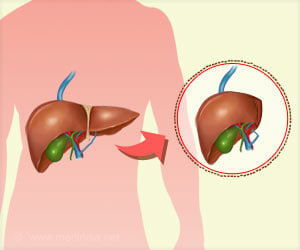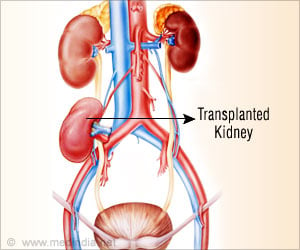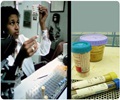It may sound distasteful but researchers have found that the transplantation of fecal matter successfully treated Clostridium difficile infections in patients.

"Our study shows that there are both short and long-term changes in the fecal microbiome following transplantation," said Michael Sadowsky from University of Minnesota.
For the research, Sadowsky and colleagues collected fecal samples from four patients before and after their fecal transplants. Three patients received freshly prepared microbiota from fecal matter and one patient received fecal microbiota that had previously been frozen.
All received fecal microbiota from the same pre-qualified donor. The team compared the pre- and post-transplant fecal microbial communities from the four patients, as well as from 10 additional patients with recurring C. difficile infections.
In addition, they looked at the changes in fecal bacterial composition in recipients over time, and compared this to the changes observed within samples from the donor.
Surprisingly, after transplantation, patient samples appeared to sustain changes in their microbiome for up to 21 weeks and remained within the spectrum of fecal microbiota characterised as healthy.
Fecal microbiota transplantation was developed as a method of treating C. difficile infection and is particularly successful in patients who suffer repeat infections.
Source-IANS
 MEDINDIA
MEDINDIA




 Email
Email






